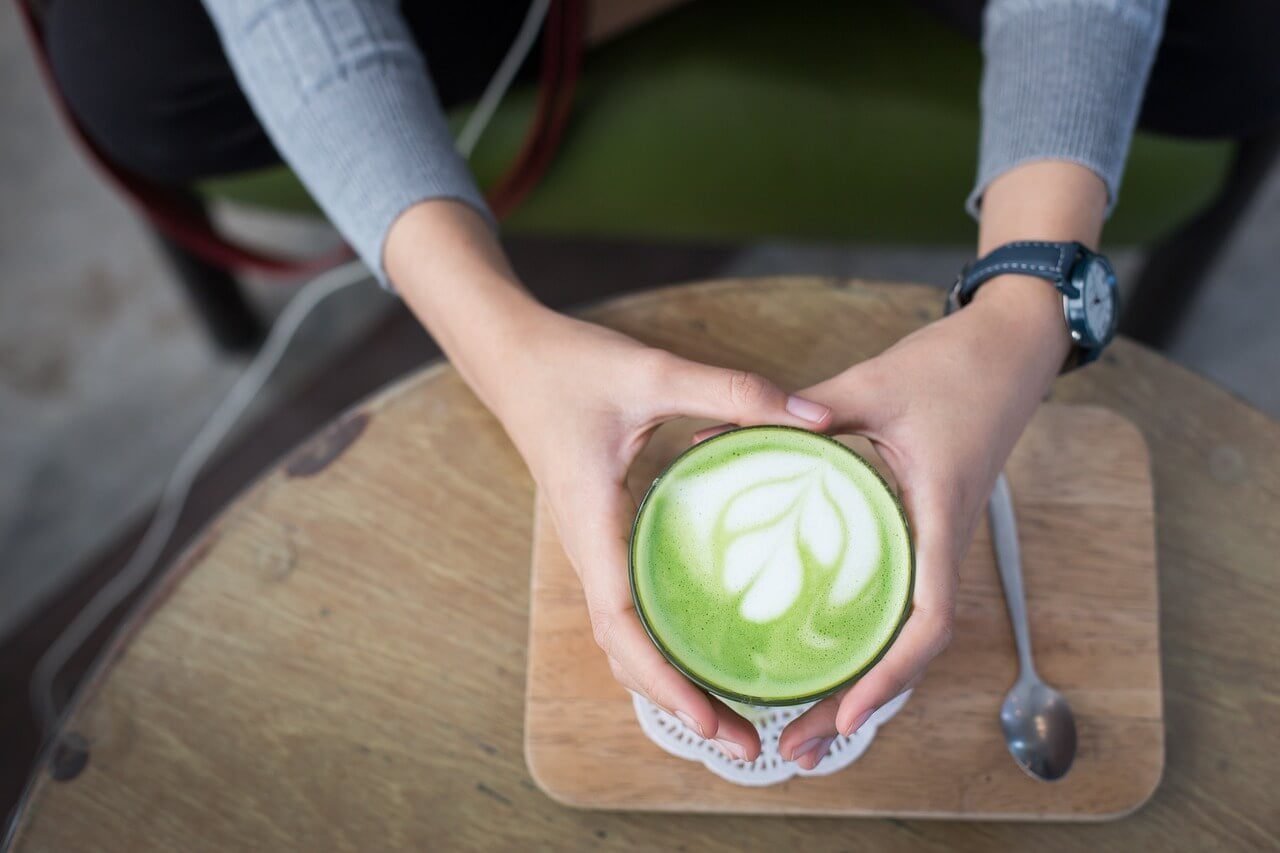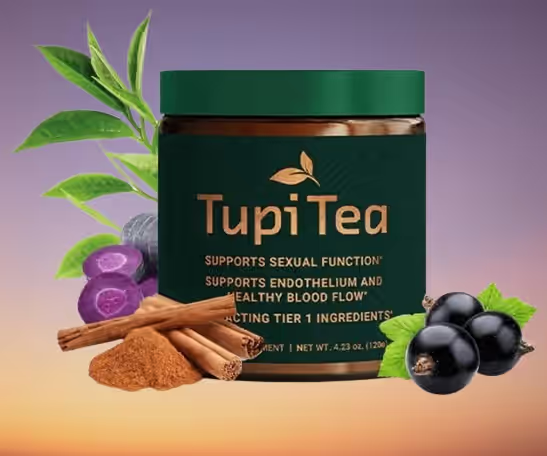Table of Contents
What is a matcha tea, and why is it gaining so much attention in the world of health and wellness? This vibrant green drink, once a staple of Japanese tea ceremonies, has now become a global trend for those seeking a nutrient-packed superfood. But what makes it stand out from other teas? In this article, we’ll dive into the rich history, preparation methods, and impressive health benefits of matcha tea, while also answering the key question, “What is a matcha tea?”
What is a Matcha Tea?
Matcha tea is a type of powdered green tea that is made by finely grinding shade-grown tea leaves into a bright green powder. Unlike regular green tea, where the leaves are steeped and discarded, matcha tea allows you to consume the entire tea leaf. This results in a much more concentrated beverage, both in flavor and nutritional value.
The unique process of growing matcha tea starts several weeks before harvest when the tea plants are shaded from direct sunlight. This increases chlorophyll production in the leaves, giving them a deep green color and boosting their amino acid content, particularly L-theanine, which is known for promoting calmness and focus. The leaves are then carefully hand-picked, steamed, dried, and stone-ground into the fine powder known as matcha tea.
Matcha Tea vs. Green Tea: What’s the Difference?
While both matcha and regular green tea come from the Camellia sinensis plant, there are several key differences:
- Production Process: Matcha tea is shade-grown, resulting in higher levels of chlorophyll and L-theanine. Regular green tea leaves are exposed to sunlight, and after harvesting, they are typically dried and brewed without being ground.
- Preparation: With regular green tea, you steep the leaves in water and discard them afterward. In contrast, with matcha tea, you whisk the powdered tea into water and consume the entire leaf. This means that matcha tea delivers more nutrients compared to a cup of regular green tea.
- Nutritional Value: Because you ingest the whole leaf with matcha tea, it contains higher levels of antioxidants, vitamins, and minerals. One cup of matcha tea can have up to 137 times more antioxidants than a cup of steeped green tea.
👉 Elevate Your Energy with Premium Organic Matcha & Green Tea – Order Today! 👈
7 Surprising Matcha Tea Benefits

Now that we’ve answered the question, “What is a matcha tea?” let’s explore its powerful health benefits. Below are seven ways matcha tea can improve your well-being:
1. Packed with Antioxidants
One of the most well-known matcha tea benefits is its high antioxidant content, particularly catechins. These antioxidants help to neutralize harmful free radicals in the body, which can cause cell damage and contribute to aging and diseases such as cancer. The most powerful catechin in matcha tea is epigallocatechin gallate (EGCG), known for its cancer-fighting properties.
2. Boosts Brain Function
Matcha tea contains caffeine, but it also boasts L-theanine, an amino acid that promotes relaxation without drowsiness. This combination is perfect for boosting cognitive function, improving focus, and enhancing memory. Studies have shown that the combination of caffeine and L-theanine leads to better concentration and a calmer state of mind, making matcha tea a popular choice for those seeking mental clarity.
3. Promotes Weight Loss
Looking to shed some extra pounds? Matcha tea may be able to help. It’s been shown to boost metabolism and increase fat burning, particularly during exercise. Drinking matcha tea regularly can give your body the boost it needs to burn calories more efficiently. Unlike sugary energy drinks, matcha tea provides sustained energy without a crash, making it an excellent choice for fitness enthusiasts.
4. Detoxifies the Body
Matcha tea is a rich source of chlorophyll, the natural compound responsible for its vibrant green color. Chlorophyll is known to help detoxify the body by binding to heavy metals and toxins, helping the body flush them out more effectively. Incorporating matcha tea into your diet can aid in cleansing your system and promoting better overall health.
5. Enhances Heart Health
The heart-protective benefits of green tea are well-documented, and matcha tea offers even more potent cardiovascular protection. Studies suggest that regular consumption of matcha tea can help reduce bad cholesterol (LDL) while increasing good cholesterol (HDL), lowering the risk of heart disease. Its ability to regulate blood pressure and improve circulation makes it a heart-friendly choice for daily consumption.
6. Promotes Relaxation and Reduces Stress
Thanks to its L-theanine content, matcha tea promotes a sense of calm while enhancing alertness. This makes it ideal for those who need to stay focused without feeling jittery, such as students or professionals. In Japan, monks have been using matcha tea for centuries to aid in meditation and relaxation, as it promotes a balanced state of mind while still keeping you awake and aware.
7. Strengthens the Immune System
Matcha tea is rich in vitamins and minerals that can help boost your immune system. It contains vitamin C, selenium, chromium, and zinc, all of which play important roles in maintaining a healthy immune response. Additionally, the catechins in matcha tea possess antiviral, antibacterial, and antifungal properties, which further support your body’s ability to ward off infections.
👉 Enjoy the Best of Both Worlds: Japanese Matcha & Green Tea – Buy Now! 👈
How to Prepare Matcha Tea
Now that you understand what is a matcha tea and its numerous benefits, let’s talk about how to prepare it. Traditional matcha tea preparation involves using a few specialized tools, but you can easily make it at home.
Here’s what you’ll need:
- Matcha powder
- A bamboo whisk (chasen)
- A matcha bowl (chawan)
- Hot water (not boiling)
Steps:
- Sift 1-2 teaspoons of matcha tea powder into a bowl to remove any clumps.
- Add about 2 ounces of hot water (approximately 80°C or 176°F).
- Use the bamboo whisk to whisk the matcha tea and water together in a zig-zag motion until frothy.
- Sip and enjoy! You can drink matcha tea on its own or mix it with milk or sweetener for a matcha latte.
Matcha tea is versatile and can also be added to smoothies, baked goods, or even savory dishes like salad dressings and soups for a nutritious boost.

Are There Any Side Effects?
While matcha tea has numerous health benefits, it’s important to consume it in moderation. Because matcha tea contains more caffeine than regular green tea, excessive consumption could lead to side effects such as headaches, digestive issues, or insomnia, especially for those sensitive to caffeine.
Moreover, because matcha tea is a concentrated tea, it may also contain higher levels of contaminants, such as heavy metals or pesticides, if not sourced carefully. It’s best to purchase organic matcha tea from trusted suppliers to ensure the highest quality and safety.
Conclusion: Is Matcha Tea Worth Adding to Your Routine?
In conclusion, what is a matcha tea? It’s much more than just a trendy green drink. Matcha tea is a nutrient-dense superfood that offers a wide range of health benefits, from boosting brain function to aiding in weight loss and improving heart health. Its rich antioxidant content and calming properties make it an excellent choice for anyone looking to enhance their health and well-being.
Whether you’re a tea lover or just looking for a new way to improve your diet, matcha tea is definitely worth considering. Just be sure to choose high-quality, organic matcha tea and enjoy it in moderation to reap all its wonderful benefits.
👉 Sip the Smooth, Rich Flavor of Top-Rated Organic Matcha & Green Tea – Order Now! 👈













